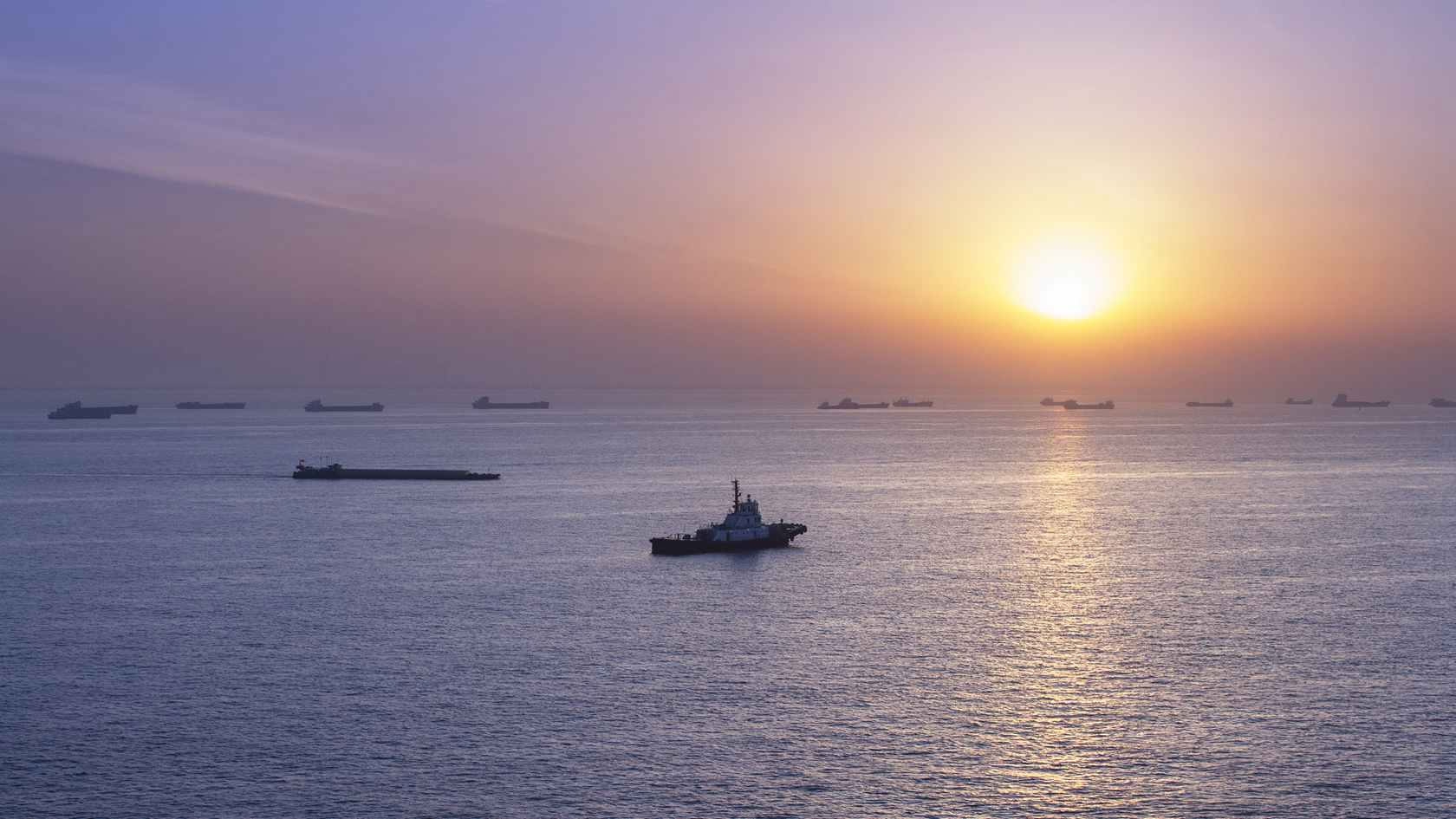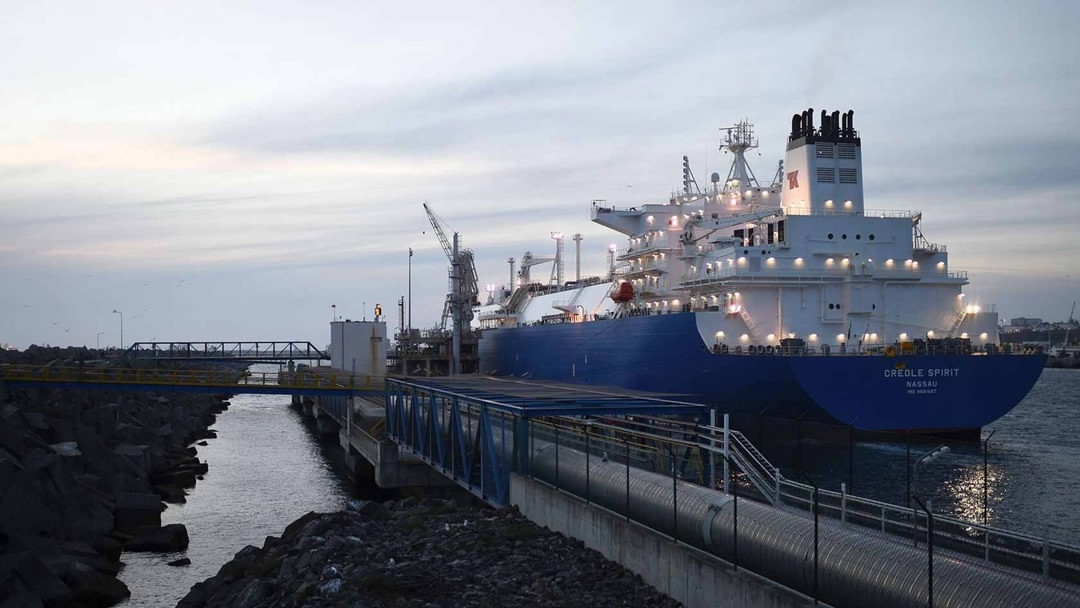
Business
16:29, 27-Mar-2018
Portuguese Port of Sines bets on China’s Belt and Road
By CGTN’s Al Goodman

Chinese and Portuguese trade relations are in a good moment, where a focal point is the bustling Portuguese Port of Sines. And both sides expect that the role of Sines in China’s Belt and Road Initiative can weight up.
The port of Sines, 200 kilometers south of Lisbon in Portugal, has deep waters that can handle the largest merchant vessels, attracting shippers who want efficient cargo handling. Meanwhile, Sines has a very active land routes, loading containers here onto several thousand trains a year.

A tanker stops at Sines port in Portugal. /VCG Photo
A tanker stops at Sines port in Portugal. /VCG Photo
As massive as this container terminal is, handling 1.7 million of containers a year, it’s not big enough to stay competitive. Negotiations are underway to double the capacity of this terminal and in addition, to build a separate, new container terminal nearby.
The expansion would go on to new landfill, extending the existing terminal farther into the sea. The port director says it’s a good fit for Belt and Road Initiative.
“Realistically, the growth in the port’s shipping business is supported by the growth in the services we have with China,” noted Jose Luis Cacho, president of Sines Port.
Chinese investors are looking at the potential for this strategically-located maritime port, which is already large and set to grow further. Researcher Paulo Duarte, who’s written several books about Belt and Road, says the Chinese are well aware of the potential of Sines Port.
“China does everything in the long-term perspective. So I would say even if Portugal is not capturing enough attention, or it could capture more,” Duarte suggested.

SITEMAP
Copyright © 2018 CGTN. Beijing ICP prepared NO.16065310-3
Copyright © 2018 CGTN. Beijing ICP prepared NO.16065310-3